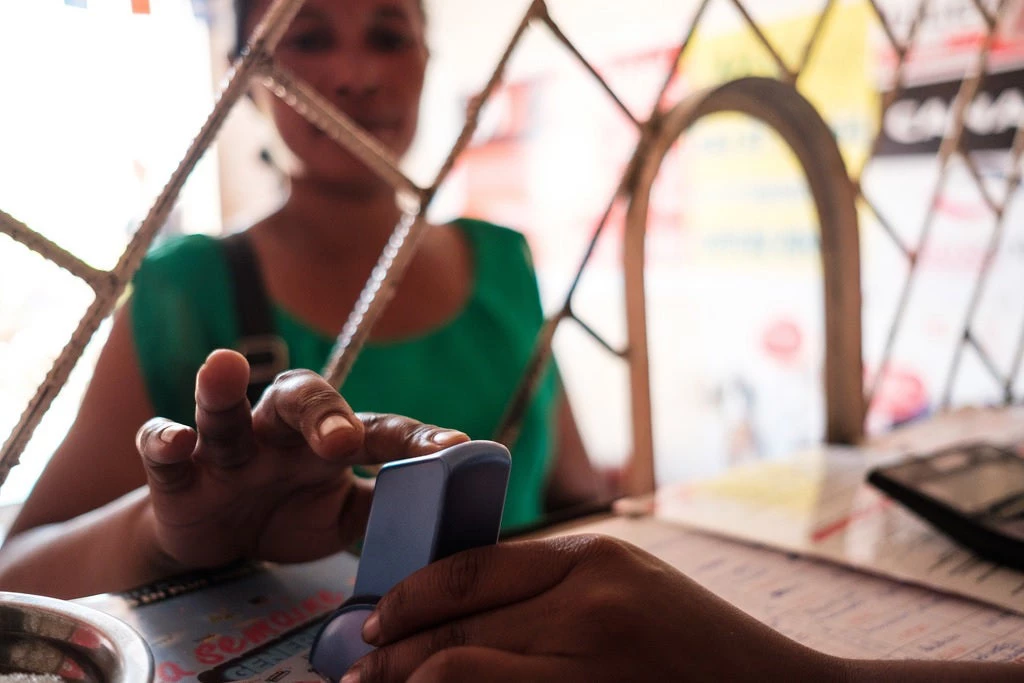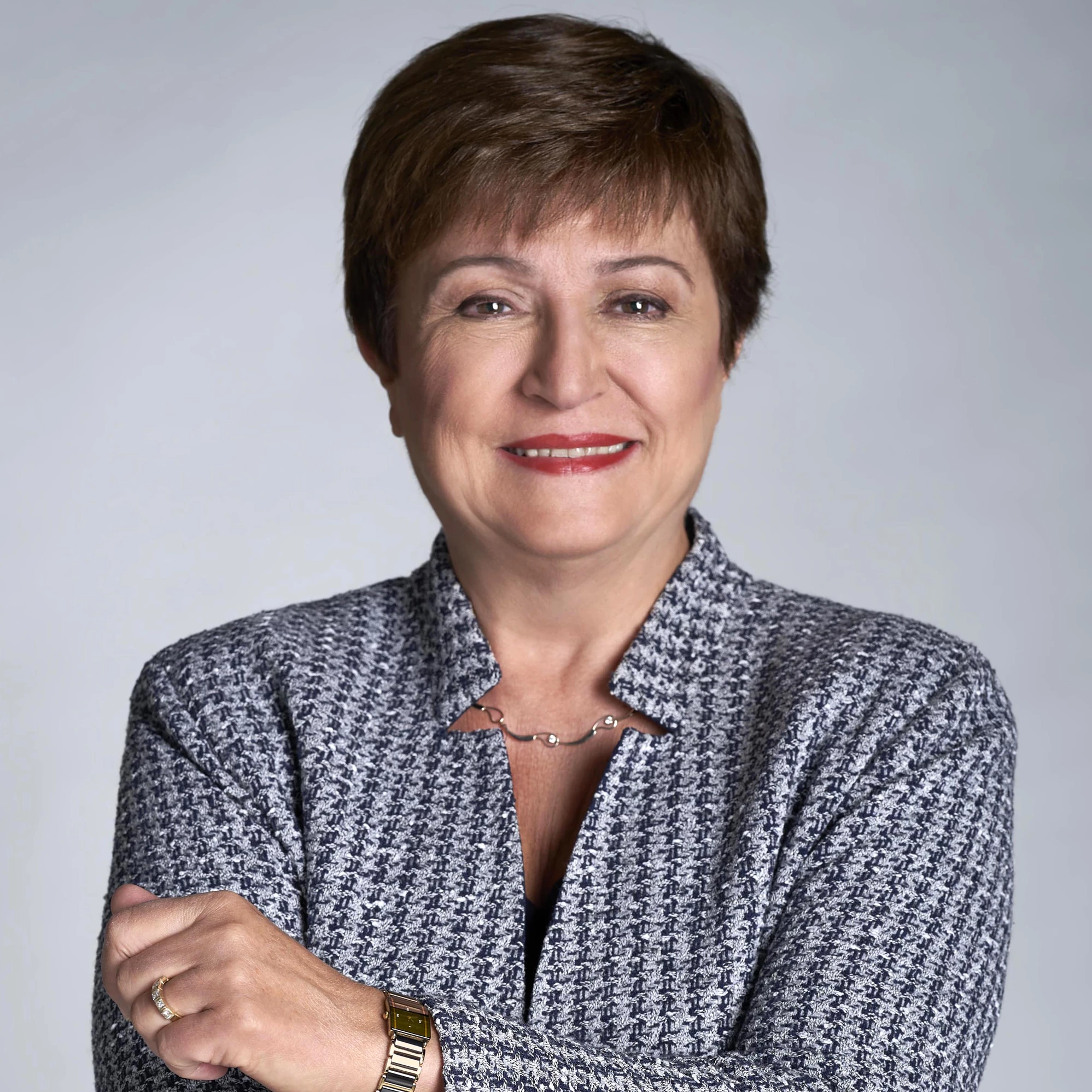
I opened my first bank account as a new student at the London School of Economics in 1987. This seemingly small act meant that I could manage my own finances, spend my own money, and make my own financial decisions. It meant freedom to decide for myself.
That financial freedom is still elusive to 980 million women around the world. And, worryingly, this does not seem to be improving. Our Global Findex database shows that while more and more women are opening bank accounts, a global gender gap of 7 percentage points still exists—and it has not moved since 2011.
There are some bright spots. In Bolivia, Cambodia, the Russian Federation, and South Africa, for example, account ownership is equal for men and women. And in Argentina, Indonesia, and the Philippines, the gap we see at the global level is reversed—women have more accounts than men.
But there are also some very troubling, and persistent gaps. The same countries that had gender gaps in 2011 generally have them today. In Bangladesh, Pakistan, and Turkey, the gap in account ownership between men and women is almost 30 percentage points. Morocco, Mozambique, Peru, Rwanda, and Zambia also have double-digit differences between men and women.
One of the main reasons that both men and women cite for not having a financial account is that they simply are not earning enough to open one. We need to make sure that everyone has the opportunity to work, earn, and participate in his or her economy. This is at the core of our work at the World Bank Group, especially as we look at the skills people will need for the jobs of the future.
But there are some reasons that keep women specifically from opening accounts. The gender gap in financial inclusion can be traced back step by step through unequal opportunities, laws, and regulations that put an extra barrier on women’s ability to even open that simple bank account.
Countries have to do better in unraveling the complicated web that women face when they try to do something that for a man, is quite simple. How can we level it up? Let me suggest three things as a start:
Do more with technology and mobile banking
Moving routine cash transactions into financial accounts could shrink the number of unbanked women. We have seen this work in both Europe and Central Asia, and the Middle East and North Africa, where
1 in 5 women who have an account opened their first account to receive digital transfers of public sector wages, government social benefits, or public pensions. In Latin America and the Caribbean, the share is 14 percent.
At the same time, programs like M-PESA, the groundbreaking mobile money transfer service in Kenya, have demonstrated the power of mobile banking. Drive through even the most rural area in the country, and you’ll see a mobile banking kiosk. This is a game-changer for rural poor who have generally had scarce access to financial institutions, and for whom the trip to the nearest bank has too high a cost in terms of travel or lost time at work. Recent research shows that because of M-PESA, around 185,000 women in Kenya moved from subsistence farming to business or retail sales, and their savings went up as a result. As mobile phone ownership grows, this may be a way to jump past the traditional ways to access a financial institution and bring access to people where they are.
Remove discriminatory laws
There are only
three countries remaining where married women need permission to open a bank account. This is progress, and yet this is also three too many.
But there are other laws that might seem indirectly linked to financial inclusion, that can have a huge impact. In 31 countries, married women cannot choose where to live in the same way that their husbands can. This can make it harder for them to travel to a bank or to take a job and earn money for the family.
Laws that put limits on women’s economic participation also curb their access to and use of financial services. In economies where women can be head of household, and where married women are permitted to work, women are more likely to have accounts, credit, or savings.
Even in places where women face often insurmountable odds, it is possible to change the laws that hold them back. In the Democratic Republic of the Congo—a country that performs at the bottom in nearly all aspects of gender equality—the World Bank Group worked with the ministries of Gender and Justice to change the country’s family law, which previously prevented married women from opening bank accounts, obtaining loans, signing contracts, or registering companies without the permission of their husbands. This led to the adoption of a new Family Code in 2016 that lifted these restrictions.
Focus on financial capability
Boosting financial literacy among girls and women means not just improving their reading and writing skills, but also teaching them how to use a transaction account, how to manage and budget money, and how to save. At the same time, the social, emotional and psychological aspects of financial decision-making can be just as important as basic technical skills.
Technology applications can help customers through immediate and timely feedback. Two promising approaches to financial capability that leverage technology include using text messages and embedding information in entertainment shows. Text messages that remind people of their savings goals might help increase savings, as research in Bolivia, Peru and the Philippines has shown. In South Africa, a World Bank project worked with a popular soap opera to include financial messages in the storyline, helping to shift attitudes toward gambling and high cost retail credit.
These are just three of the many levers that will need to be pulled if women are to catch up to men in financial inclusion, and the World Bank is using all the tools at its disposal to provide support. What else can be done? Share your comments below.


Join the Conversation